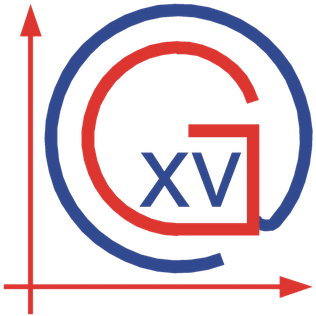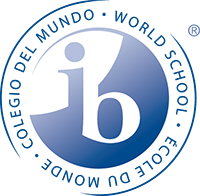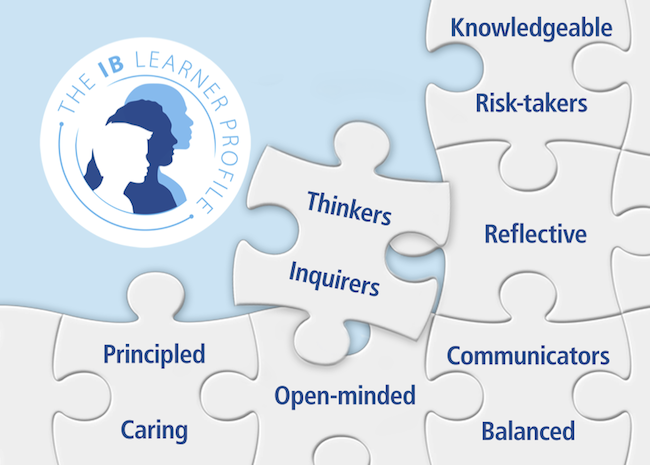1. How does the IB program help students prepare for universities?
The IB program prepares students for university through its rigorous curriculum, fostering critical thinking, research, and time management skills. It combines broad subject study with specialization, ensuring both well-roundedness and depth. Key components like the Extended Essay and Theory of Knowledge (TOK) develop advanced research and analytical abilities. The program also aims at broadening students’ awareness of the world and their ability to adapt to cultures. It prepares students to work in a variety of settings. Creativity, Activity, Service (CAS) encourages leadership and community service. Widely recognized by universities, the IB often allows advanced placement or preferential admission and ensures that students are both academically and personally prepared for university challenges.
2. What subjects should I choose if I want to study medicine?
There are a lot of students that are thinking about studying medicine after the IB program, and I am one of them. After talking to other, older, students before the DP, I decided on the option that I thought is the best. For Croatian (Zagreb) universities, medicine requires physics, chemistry, and biology for enrollment, while universities outside of Croatia require chemistry and biology.
If you wish to study in Croatia, and since you can’t choose three sciene subjects, I suggest choosing two and taking private classes, or learning at home for the 3rd scientific subject. I personally chose biology and chemistry while having a tutor for physics. Since I want to study in Croatia there is no need for me to take any of the scientific subjects on the high level (HL). If you want to study abroad though, it would be preferable to choose chemistry and biology at a HL.
Other subjects that I chose are math (SL) and English, German, Croatian and psychology (HL). When we talk about medicine, it is only important to think about scientific subjects, while having your complete free will with choosing the rest.
3. Is it better to choose subjects I enjoy or subjects that are easier to score better in?
It is most important to choose subjects that are interesting to you and which will help you continue your education at the college you want. Every university has a set of requirements that students have to meet. Choosing your subjects carefully is going to help you with meeting those. It is very important to choose something you enjoy since you will have to work with it for the next two years. Also, it will surely be easier to score high if you actually enjoy learning about a topic. This doesn’t mean that you have to purposely take many very difficult subjects. It is important to balance it out so you can organize your time better and still have some free time for yourself.
4. What should I make my personal project about?
Since you will have to work on your personal project for the whole summer and a big part of year 2, you should choose something that is interesting to you. Something that is unique and represents your personality the best. It should be a challenge, but don’t try to impress anyone. Just choose something you would like to learn about. Try something that isn’t part of your everyday life. Get out of your comfort zone but remember to have fun.
5. What are the hardest parts of the IB and how to overcome them?
The IB program is challenging due to the huge amount of work, time consumption, and the fact that it mainly focuses on self-learning. Managing six or seven subjects, internal assessments, the Extended Essay (EE), and activities related to CAS can be overwhelming. However, creating a schedule and breaking tasks into smaller pieces can really help with the workload. Time management is a priority, and paying attention to tasks without procrastination will surely decrease stress. EE and TOK are pretty challenging, but choosing an interesting topic, starting early, and seeking feedback makes the process of EE smoother, while active participation and real-life examples enhance understanding in TOK. Early revision, past paper practice and active learning methods are essential for exams. One can only avoid burning out if, during times of relaxation, one takes time to exercise regularly, get enough sleep, and get support from friends, family members, or teachers. The Internal Assessments (IAs) can be streamlined with careful planning and regular feedback. Focus on progress over perfection and celebrate small wins to stay motivated. With organization and balance, the challenges of the IB can be successfully managed.
6. How can I combine subjects in the IB if I’m interested in both arts and sciences?
When picking subjects in the Diploma Programme, you should take into consideration which university you’re planning on attending, or at least some course in which you want your life to go. In case you are interested in both arts and sciences, I suggest that you consider the following subjects. There are 5 groups of subjects you can choose from: Literature (Croatian A or English A), Language acquisition (English B, German B, French B), Individuals and Societies (Psychology and Economics), Mathematics and Sciences (Computer science, Physics, Chemistry, Biology) – and one extra subject (Visual Arts or any other available subject from the other groups). After choosing one subject from the first four groups, you have 3 open spots (2+1 extra subject, if you want). Unfortunately for some, you can’t choose more than 2 sciences to have in your schedule, so I suggest picking two of them which you prefer and put Visual Arts as your extra (7th) subject. But be careful - Visual Arts is a very demanding subject and will take quite a bit of your time, so don’t pick it if you are not prepared for it, especially in the case of choosing two sciences at the same time, which is really demanding as well.
7. What is TOK?
Theory of Knowledge (TOK) is one of the three strands of the DP core, alongside CAS and the Extended Essay. It is basically a subject which is held twice a week in which the students are encouraged to reflect on the nature of knowledge and knowledge questions. It is not assessed throughout the year, meaning that there are no grades – you can either pass or fail. At the end of the final year of DP, you will have a TOK exhibition and essay, based on which you are graded. Keep in mind that you have to participate in TOK classes in both DP years in order to actually understand the purpose of the subject and successfully complete the assessment in order to pass.
8. Ideas for CAS?
For those who don’t know, CAS, stands for Creativity – Activity - Service , and it “is one of the three essential elements that every student must complete as part of the Diploma Programme”. Under the Creativity strand, one can create a blog or podcast to share ideas or thoughts on topics that influence and inspire them, such as sustainability or mental health. The organization of various events, like a charity art exhibition or music concert, would also be an expression of one’s creativity. This could be learning any new skill too, for example, photography, graphic design, or cooking-and documenting the process. For those who enjoy performing arts, participating in,or directing a theater production, or composing original musician be fulfilling. If you’re more entrepreneurial, creating a business plan or app prototype to address a community issue could be an exciting project. For the Activity strand, you might mentor younger students in a sport at which you excel, engage in outdoor activities such as hiking or biking, or set a personal fitness goal like mastering yoga or training for a marathon. You could also set up a tournament in the sport of your choice or volunteer for an outdoor organization to work on trails or in parks, thus merging activity and service. For Service, you can teach younger students, set up litter-picking events, or volunteer – you could engage with care of the elderly, animal welfare, or distribution of food. You may also provide workshops for the training of less privileged children in aspects such as computer literacy, art, or English.
9. Which DP subjects should I choose to prepare for the future if I’m interested in business?
Since our school doesn’t offer classes such as Business management, or Global politics, I would suggest taking Economics and Math (HL), since those are the subjects most closely associated with business out of the offered. Of course, I recommend taking additional, out of school, classes related to business if you already know that it is a topic that interests you.





